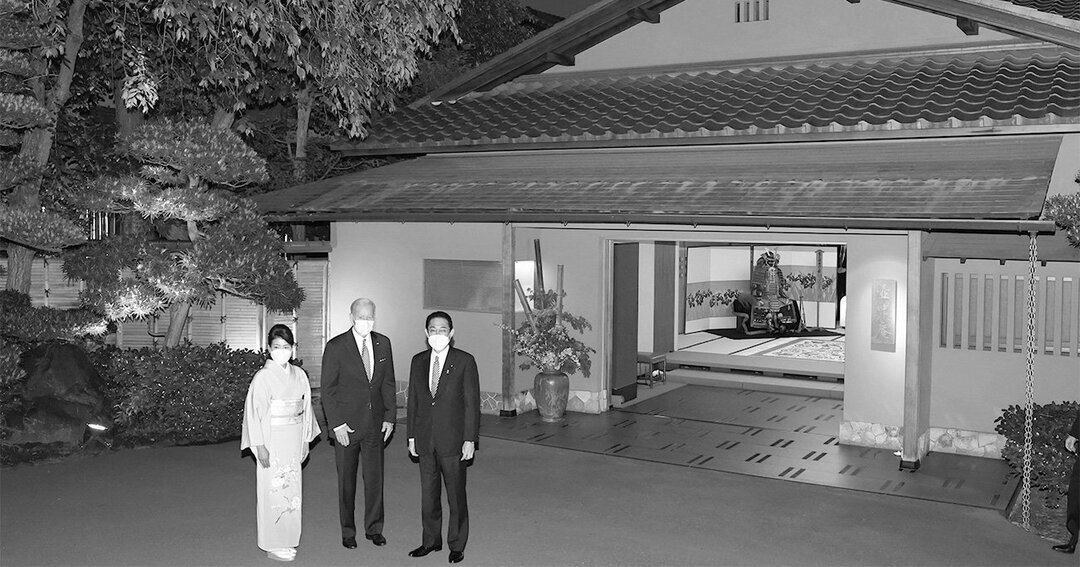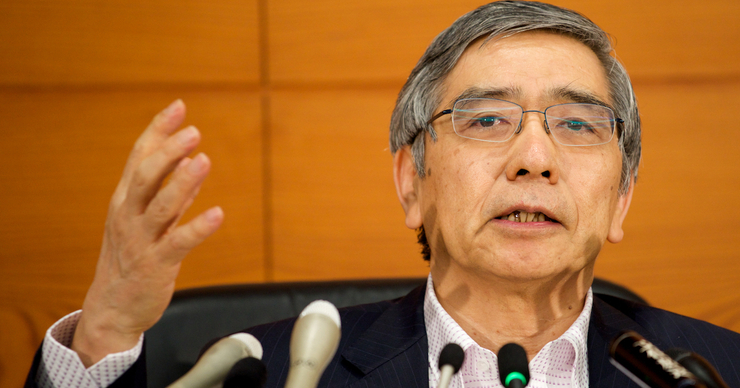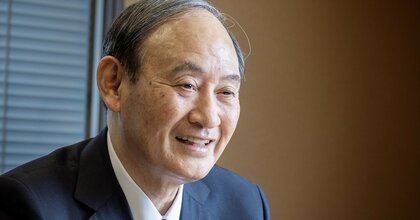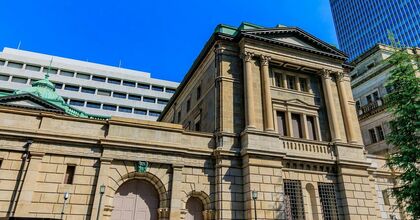Originally published in Japanese on May 27,2022
Historic ties
On the evening of May 23, heavy security covered the area around Happo-en in central Tokyo, and the roads leading in and out were thronged with people. Japanese Prime Minister Fumio Kishida had invited U.S. President Joe Biden to a dinner banquet at the traditional Japanese garden.
In the past, the hospitality extended to U.S. presidents visiting Japan has provided fodder for conversation, separate from the main summit meeting. George W. Bush at Gonpachi in Nishi-Azabu, Barack Obama at Sukiyabashi Jiro in Ginza and Donald Trump at Roppongi Inakaya in Roppongi — the food served at all of these high-end venues drew attention. But Kishida’s choice of Happo-en had a special meaning, different from these.
Happo-en’s history dates back hundreds of years. After passing among multiple owners, the garden eventually ended up in the hands of Fusanosuke Kuhara, an entrepreneur involved in the founding of Hitachi and Nissan Motor. Kuhara also helped and sheltered Sun Yat-sen, the Chinese stateman who led the Xinhai Revolution, while he lived in exile in Japan in the early 20th century.
“Sun Yat-sen is called the ‘Forerunner of the Revolution’ in China and he is respected as the ‘Father of the Nation’ in Taiwan,” Kishida told individuals close to him before Biden’s arrival in Japan. “He remains a major presence in both China and Taiwan.”
Kishida apparently broached the subject with Biden as well. His unspoken goal was to highlight the importance of Japan’s history with China and Taiwan. Biden’s stay in Japan lasted only two nights and three days, but issue of China and Taiwan accompanied him throughout.
Diplomacy in action
The White House chose South Korea and Japan for Biden’s first visit to Asia after taking office to rebuild ties with the two U.S. allies, both of which neighbor China and are near Russia. However, relations between Tokyo and Seoul have sunken to historically poor levels over disagreements over historical issues. South Korea’s newly elected President Yoon Suk-yeol has called for better relations with Japan, giving the U.S. government a chance to help mend diplomatic ties.
The joint statement released after the U.S.-South Korea leaders’ summit in Seoul made this clear: “Both leaders underscore the importance of ROK-U.S.-Japan trilateral cooperation.”
The statement released on May 23 after the meeting between Kishida and Biden contained almost identical language: The two leaders “welcomed the inauguration of the new government of the Republic of Korea (ROK), and stressed the critical importance of close ties and cooperation among Japan, the United States, and the ROK, including security ties.”
One could fairly say that Biden’s intervention has indirectly provided a foothold for improving Japan-South Korea relations. Additionally, the Japan-U.S. joint statement included language aimed at deterring China. Needless to say, Biden has China on his mind. During his time in Japan, he made clear that the U.S. would respond with force if China attacked Taiwan.
“China expresses strong dissatisfaction and firm opposition to the remarks by the U.S. side,” said Wang Wenbin of China’s Foreign Ministry in response to Biden’s comments. One cannot deny the possibility that by stepping in during his visit to East Asia, Biden intended to further provoke Beijing.
The U.S.-Japan joint statement said the two countries “strongly opposed any unilateral attempts to change the status quo in the East China Sea,” and it reaffirmed “the importance of peace and stability across the Taiwan Strait.”
After that, Kishida said, “We will fundamentally strengthen Japan's defense capabilities and ensure a substantial increase in defense spending.”
Those close to Kishida emphasize that the security environment has changed significantly because of Russia’s invasion of Ukraine. “In a joint U.S.-Japan effort, the U.S. made clear its strong commitment to East Asia. It was a watershed decision,” said one.
At the same time, they note, “There is still a lot of work that needs to be done.”
Walking together
Biden’s plan to address China can be seen in the launch of the Indo-Pacific Economic Framework (IPEF) in Tokyo on May 23. The U.S. under former President Donald Trump decided to withdraw from the Trans-Pacific Partnership (TPP), a trade agreement negotiated under former President Barack Obama.
Subsequently, the Regional Comprehensive Economic Partnership, which counts China as a member, came into force, and the U.S. further lost influence over the economic architecture in the Asia-Pacific. Moreover, China aims to join the TPP to compete with Taiwan. The U.S. therefore laid out the IPEF as a framework to check China’s influence over trade and economics in the region.
In addition to Japan and Korea, 12 countries, including the U.S., have announced they will join the IPEF. However, the impact of the new grouping is unclear. One of the Japanese government's economic advisors was unsparing, saying, “It's not particularly attractive, but the U.S. really pushed for it, so Japan will go along with it."
The IPEF’s appeal is greatly reduced in that "the U.S. has not stepped in to reduce tariffs," according to a former senior Japanese government official. In the end, it leaves the impression that there are few benefits for countries that want to sell good, cheap products to the U.S. Furthermore, Taiwan has been excluded from joining to ensure Southeast Asian countries are not forced to choose between the U.S. and China.
Following the launch of the IPEF, Biden attended a leaders’ summit of the "Quad," a framework of Japan, the U.S., Australia, and India. This is another part of the U.S. Indo-Pacific strategy that is aimed at countering China's rising military and economic power. Biden’s trip seemed to consist of a three-fold gambit against China: the Japan-U.S. summit, the IPEF, and the Quad.
However, India, while it shares an anti-China stance, maintains good relations with Russia, which is facing international criticism for its invasion of Ukraine. That could limit the effectiveness of the Quad.
Kishida announced that next year's G7 summit will be held in the city of Hiroshima, one of two cities to suffer an atomic bombing and his own constituency. "The fact that Tokyo became the stage for international diplomacy with Biden's visit to Japan was also a major achievement,” said an individual close to Kishida. At the same time, however, relations with neighboring China remain cool, and the hurdles to improving them have grown even higher.
At their bilateral meeting, Kishida gave Biden a pair of Asics walking shoes and training wear. Its meaning was clear: "We will walk together."











